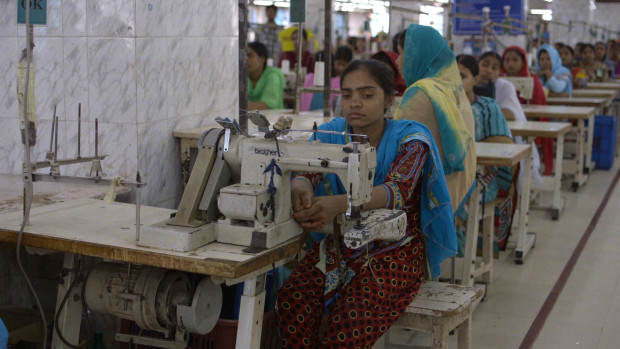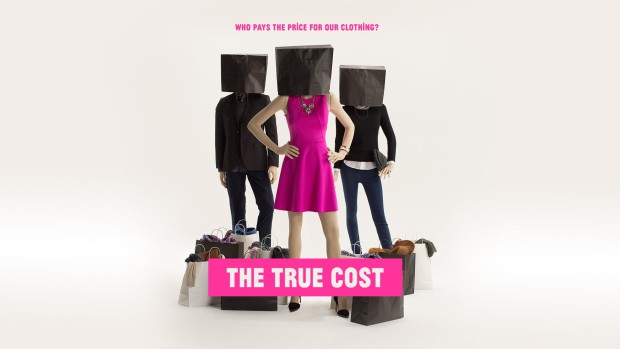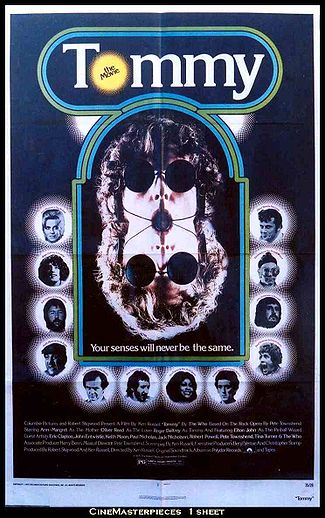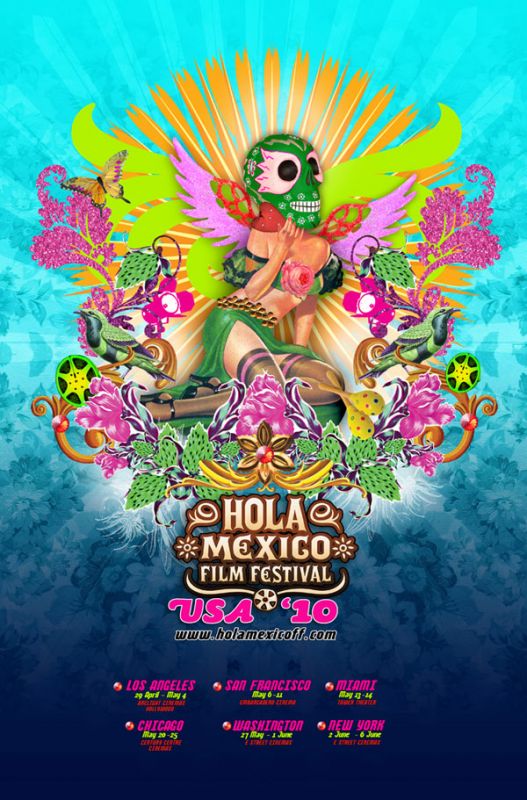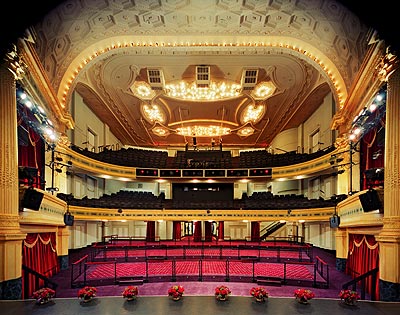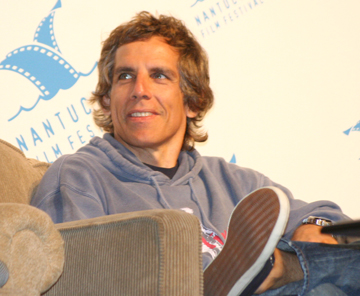|
|
||
|
Pro Tools
FILMFESTIVALS | 24/7 world wide coverageWelcome ! Enjoy the best of both worlds: Film & Festival News, exploring the best of the film festivals community. Launched in 1995, relentlessly connecting films to festivals, documenting and promoting festivals worldwide. Working on an upgrade soon. For collaboration, editorial contributions, or publicity, please send us an email here. User login |
Director Andrew Morgan Shows "The True Cost" of Fashion
So, what are you wearing? For anyone who has ever flirted using this line, the new documentary The True Cost will explain how to get a really hot conversation going. As we see, the question aroused global citizens are asking is, Baby, what did it take to make what you're wearing?
For Morgan, it all started with a newspaper image. As he told the assembled journalists, he was getting coffee on the morning of April 25, 2013 -- the day after the collapse of the Rana Plaza building in Dhaka, Bangladesh that killed more than 1,000 garment workers -- when he saw a New York Times photograph of two boys walking by a wall of missing-persons signs. "The two boys were similar in age to my two boys at home, and whatever it was, it just grabbed my heart," Morgan recalled. Reading the article, he was both mystified that the underlying issues were unfamiliar and shaken that he had never before questioned the backstory to his clothes. By the end of the week, after immersively researching the global fashion industry, Morgan and his producer, Michael Ross, had slated The True Cost as their next project. Production took them to Bangladesh, India Haiti and Cambodia -- and Texas -- among other outposts in this $2.5 trillion sector. What they found wasn't pretty. In Dhaka, garment factory worker Shima Akhter talks about having formed a union only to find her and her co-workers savagely assaulted by their employers. The young mother, who herself left home for the factory town at age 12, gives us a glimpse of the sort of desperate conditions under which our shiny labels are conceived. These include unthinkably long hours in a sweat shop that is too toxic for her daughter to hazard for more than a brief semi-annual visit from the rural village where another family is raising her. Shima no doubt speaks for the world's 40 million garment workers, the vast majority of whom are women, when she tearfully rues the system of "clothing made by our blood." Another 30 or so interviewees help Morgan elucidate The True Cost. Some, like Eco-Age creative director Livia Firth, fashion designer Stella McCartney and Safia Minney, founding CEO of sustainable and Fair Trade fashion label People Tree, give faint glimmers of hope for the most labor-dependent and second-most polluting industry on earth. They have their work cut out for them. What will it take to move from an economy based on the dictates of capital to one favoring the needs of the natural world? Can change come before it's too late? The scope of the challenges are given sharp expression by such mavens as Indian environmental activist Dr. Vandana Shiva, economist Dr. Richard Wolff and, on the "ecological narcotics" of genetically modified cotton that have led to 2,500 farmer suicides in India, Jagdisan Tiruvadi, former managing director of agriculture at Monsanto India. What does all this mean for your inner fashionista? Morgan isn't saying you can't get that slinky Zara top or those Guess jeans you had your eye on. "Let's all take a step back from this incessant process of consuming mediocre stuff, and let's go back to a place where we invest in pieces of clothing that we love, that we're going to wear, that we're going to hold onto," he advised. "Let's take clothing back out of just being like a hobby or a pastime and let's make it be something that we're mindful of." Nice start. But how to truly motivate fashion brands -- which have "far more power than the host governments" -- and their customers to relinquish their current addictions? For anyone who wears clothes, The True Cost raises tough questions about how we got into this mess and how we might find a way out. And with the Trans-Pacific Partnership trade bill hovering, it's not a moment too soon.
23.05.2015 | Laura Blum's blog Cat. : Andrew Morgan bangladesh dhaka Documentary Eco-Age fast fashion garment workers global fashion industry Livia Firth Michael Ross People Tree Rana Plaza Richard Wolff Safia Minney Shima Akhter Stella McCartnery The True Cost Vandana Shiva Independent
|
LinksThe Bulletin Board > The Bulletin Board Blog Following News Interview with EFM (Berlin) Director
Interview with IFTA Chairman (AFM)
Interview with Cannes Marche du Film Director
Filmfestivals.com dailies live coverage from > Live from India
Useful links for the indies: > Big files transfer
+ SUBSCRIBE to the weekly Newsletter Deals+ Special offers and discounts from filmfestivals.com Selected fun offers
> Bonus Casino
User imagesAbout Laura BlumThe EditorUser contributions |


















